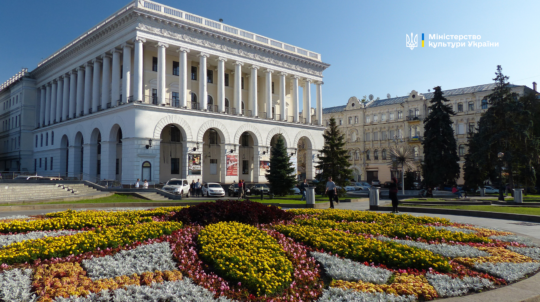During this week, representatives of the International Council on Monuments and Sites (ICOMOS), the International Center for the Study of the Preservation and Restoration of Cultural property (ICCROM) and the Aliph Foundation – an organization that provides financial assistance to institutions for the preservation of cultural heritage in the events of disasters and armed conflicts visited Ukraine.
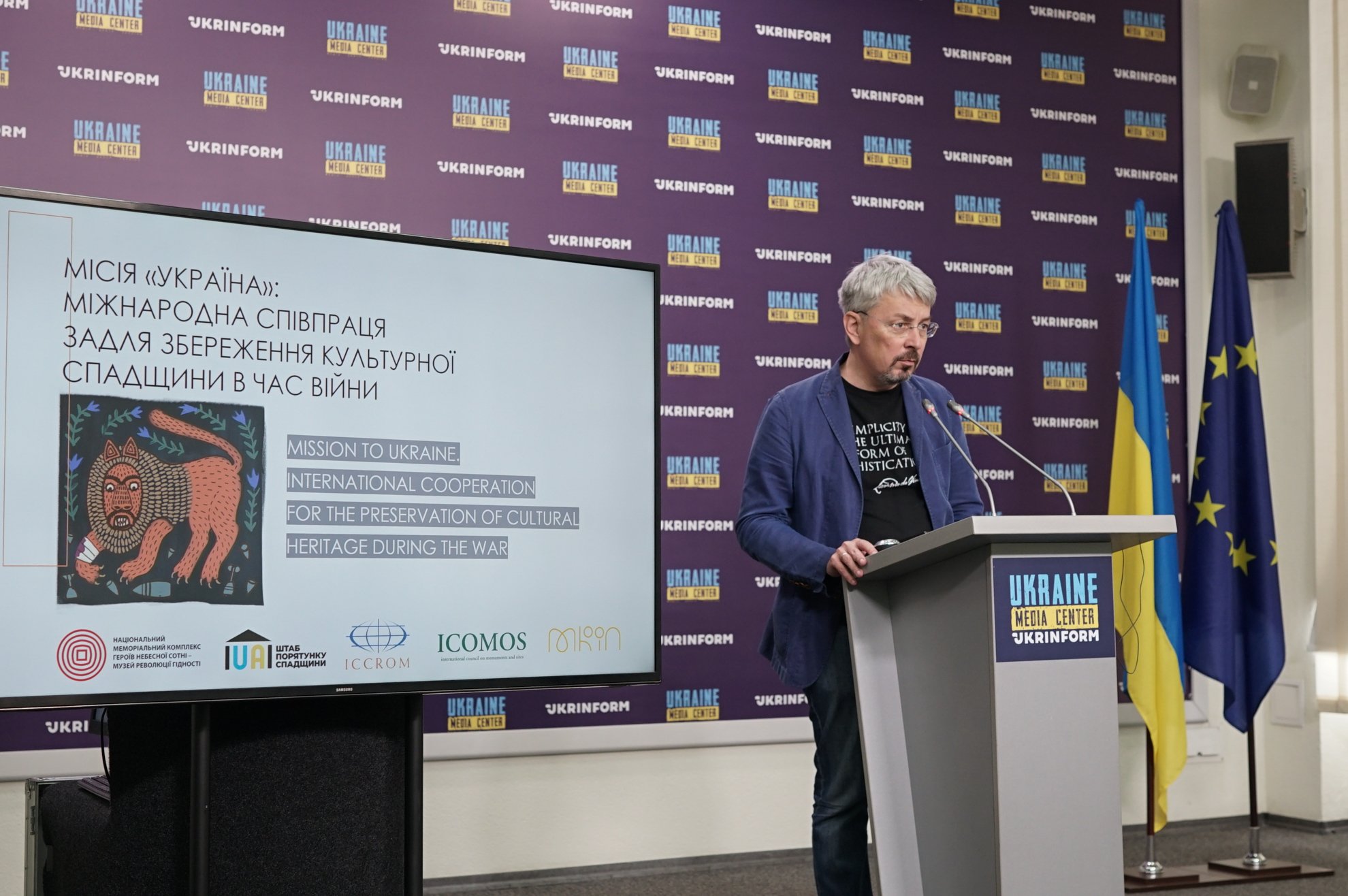
One of the key goals of the visit of the international mission is to coordinate efforts and develop a program of measures to respond to emergency situations in Ukraine, provide first aid to cultural heritage and measures to document and preserve Ukrainian cultural heritage during wartime and post-war recovery. This was discussed during the briefing on July 14 at the Media Center Ukraine — Ukrinform.
“Today, when the russians hit the center of Vinnytsia with missiles and many people died, it is difficult to talk about the preservation of cultural heritage. But since the war is not only for our lives and territory, but also for our identity, which, in particular, is represented by our cultural heritage, we must talk about it. This week we had representatives of international organizations that take care of the preservation and protection of cultural and historical places in the world. They visited Kyiv and Chernihiv regions and could see with their own eyes what russian aggression in Ukraine leads to. Colleagues will help us in the preservation of cultural heritage, they will provide consultations on documenting the destruction, because many issues in this area fall under the concept of ‘war crimes’, methods of preservation and restoration of objects, certain financial, organizational and other assistance,” said Oleksandr Tkachenko.
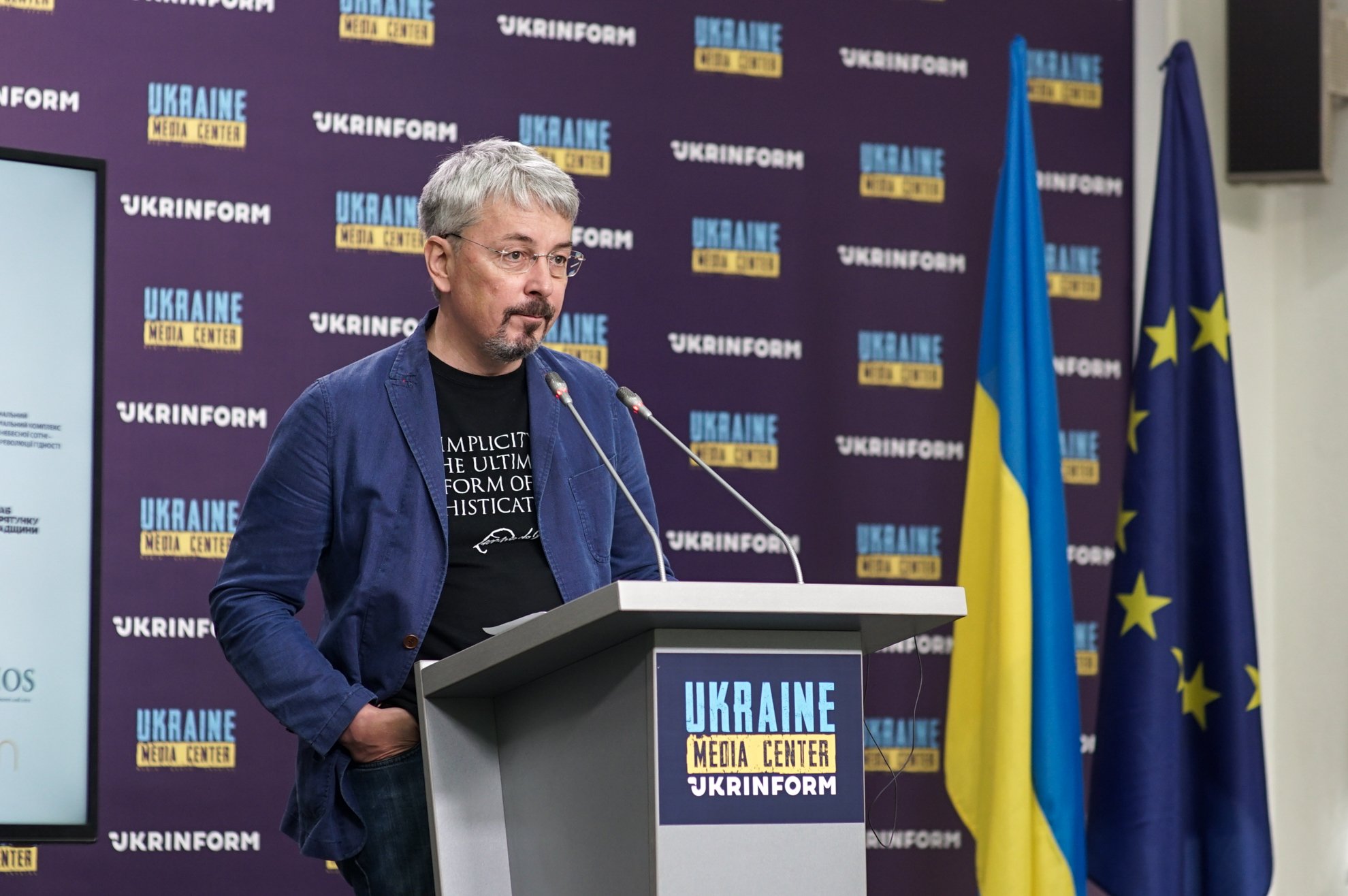
According to the Minister of Culture and Information Policy of Ukraine, international experience, not only in terms of drawing attention to the situation with the cultural heritage of Ukraine, but also the application of the expertise of international specialists, the digitalization of this sphere and its security, the creation of joint projects and the exchange of experience, are extremely important and required here and now.
Ukrainian and international experts agreed on the following:
-
involvement of experts and training topics for Ukrainian specialists;
-
development of a professional network in support of cultural heritage;
-
financial support of projects;
-
damage documentation support.
“Our main role and our values are to protect and preserve. We want to be united around cultural heritage. Because we believe that we are stronger if we all work together. Global challenges require global cooperation,” emphasized Teresa Patricio, President of the International Council on Monuments and Sites (ICOMOS).
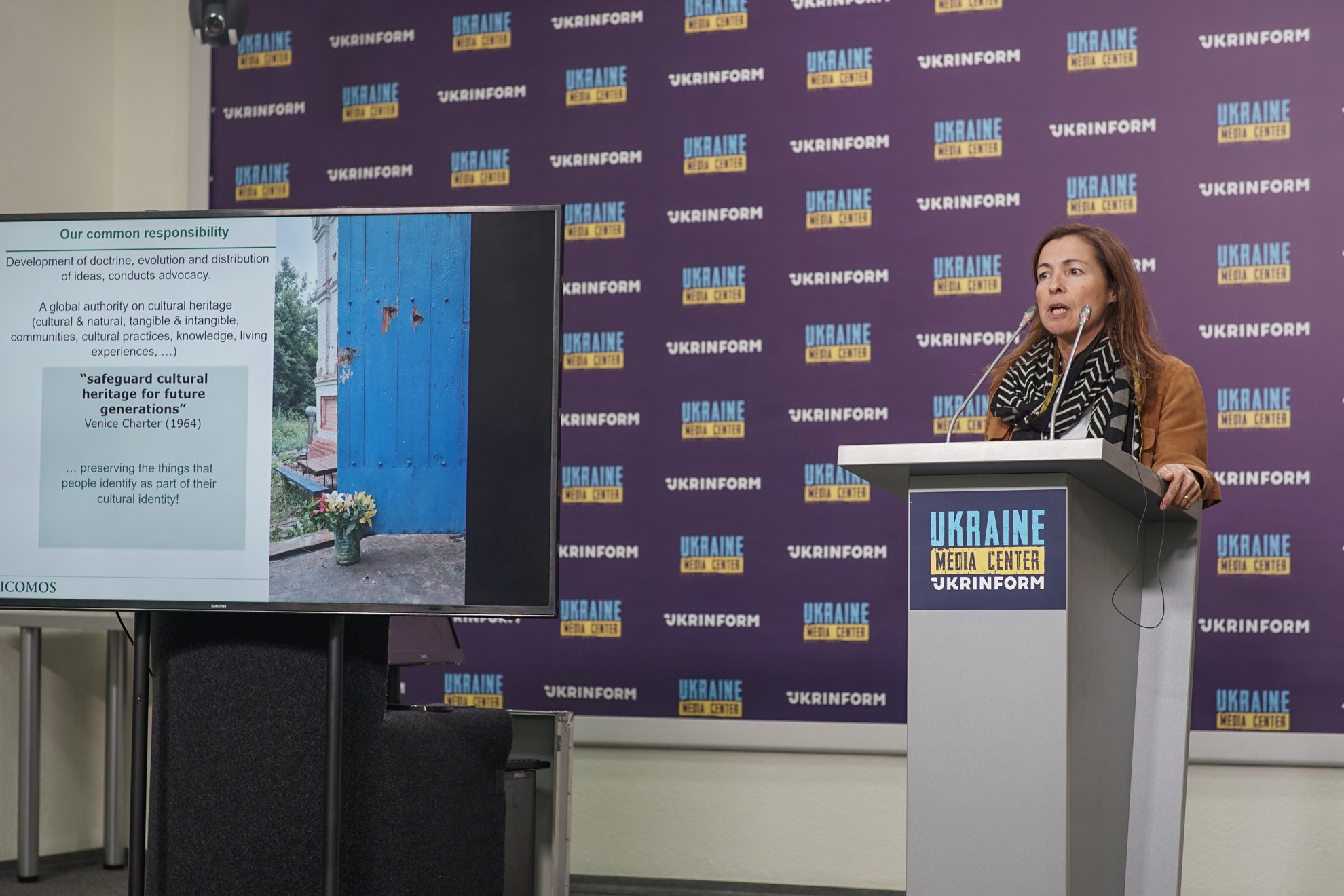
On February 24, the International Council on Monuments and Sites made a statement about the situation in Ukraine, and at a large meeting in Poland with the participation of representatives of many European countries, they developed recommendations on how to preserve cultural heritage in Ukraine.
“Among other things, we saw in Ukraine very strong and brave attempts to protect cultural heritage during the war at all levels: from the ministry to representatives of local communities. They all are trying to protect cultural and historical heritage, because it is the protection of national identity,” said Zeynep Gul Unal, Vice President of the International Council on Monuments and Sites (ICOMOS).
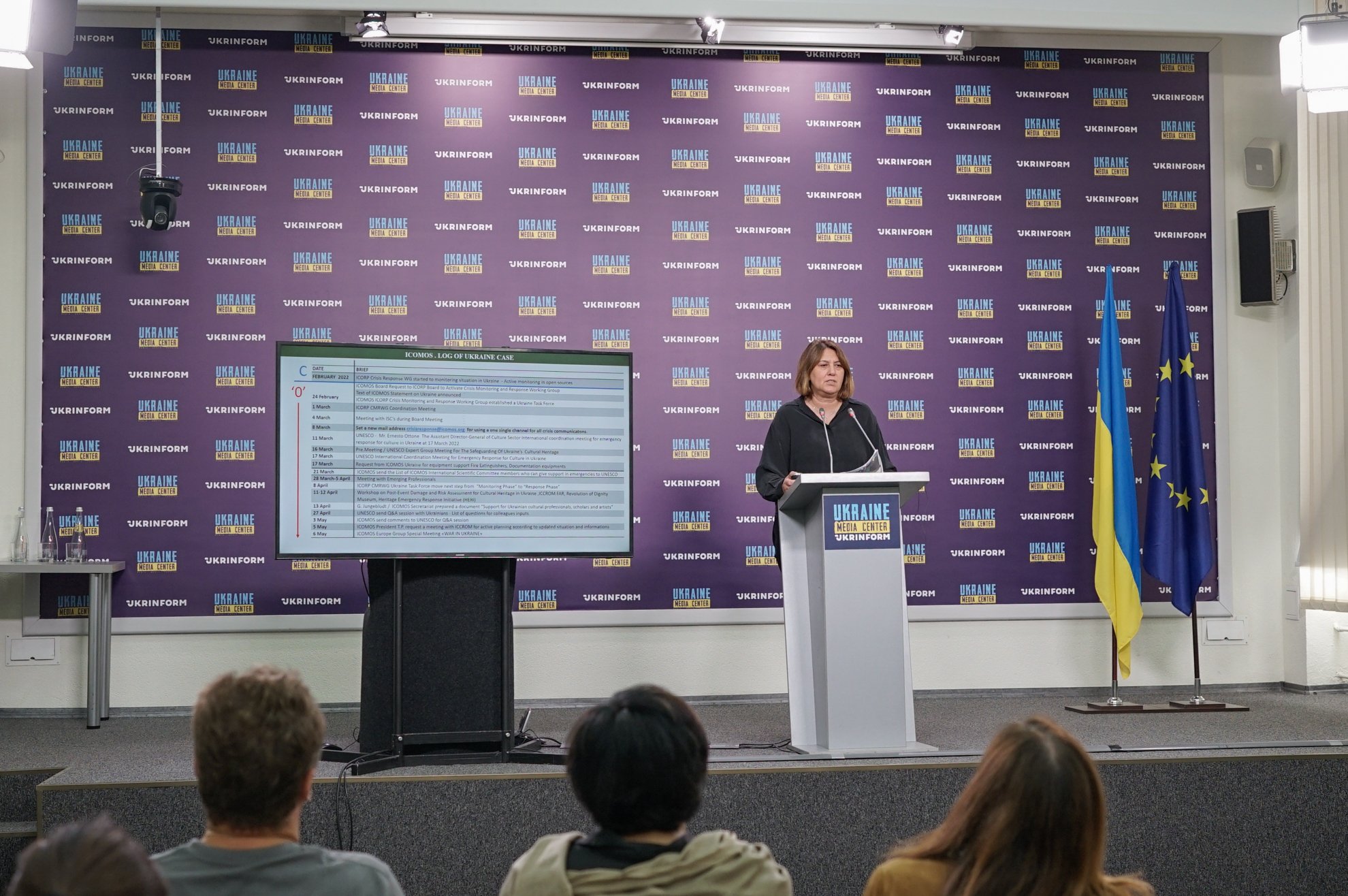
She also added: “For us, the next step is to work in a high-risk area. We want to update the map according to international standards so that we can protect all forms of heritage for the new generation from crisis and war situations. After all, there may be other situations.”
“We help to train experts who come to the country after armed conflict and disasters so that cultural heritage restoration work to be integrated into the overall recovery plan,” added Aparna Tandon, program manager of the International Center for the Study of the Preservation and Restoration of Cultural Property (ICCROM).
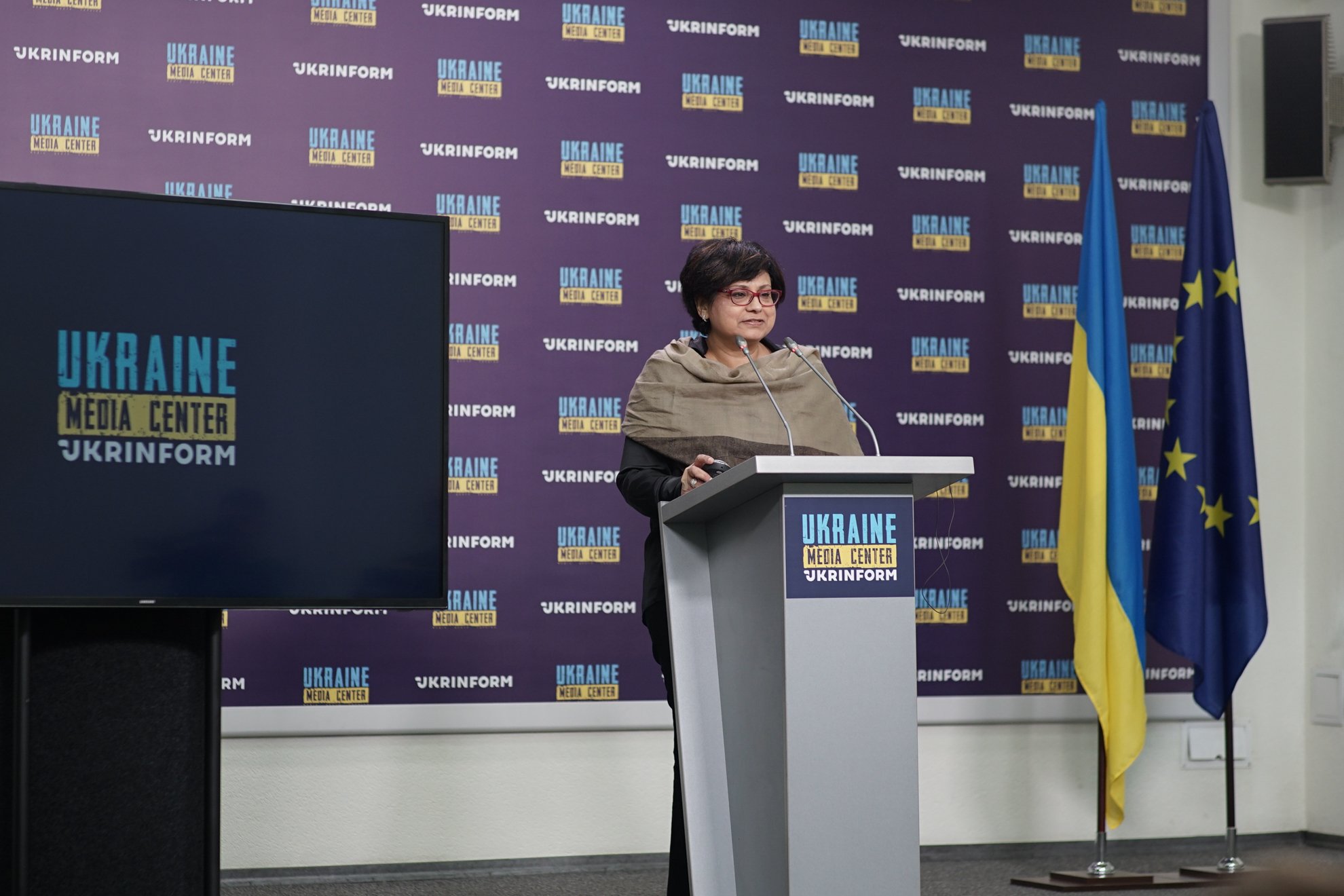
Also, the representative of ICCROM spoke about the development of a special application that will help estimate the costs of restoring cultural heritage sites after a conflict and help assess risks in order to use resources for restoration effectively. It has already been tested (and helped to adapt) by Ukrainian experts.
“Unfortunately, at a time when people are dying every day in many regions of Ukraine due to russian aggression, it would seem that cultural heritage is not for this time. But let’s remember that every person in the world is a bearer of a certain culture. When we talk about cultural heritage, we are talking not only about its material embodiment, but also about the bearers of traditions. Therefore, every person who becomes an innocent victim of this war is a loss for world culture. After all, we are losing the knowledge this person had, the traditions this person preserved. Currently, our work is related to work for people who work with cultural heritage and for the preservation of those material carriers in which the memory of humanity is embodied. We are very grateful to the international community, which has supported Ukraine since 2014 in various ways. Also, on behalf of the Ministry, I would like to thank all organizations, the professional community and the Ukrainian society. Only through joint efforts can we protect our cultural heritage,” commented Kateryna Chuieva, Deputy Minister of Culture and Information Policy of Ukraine.
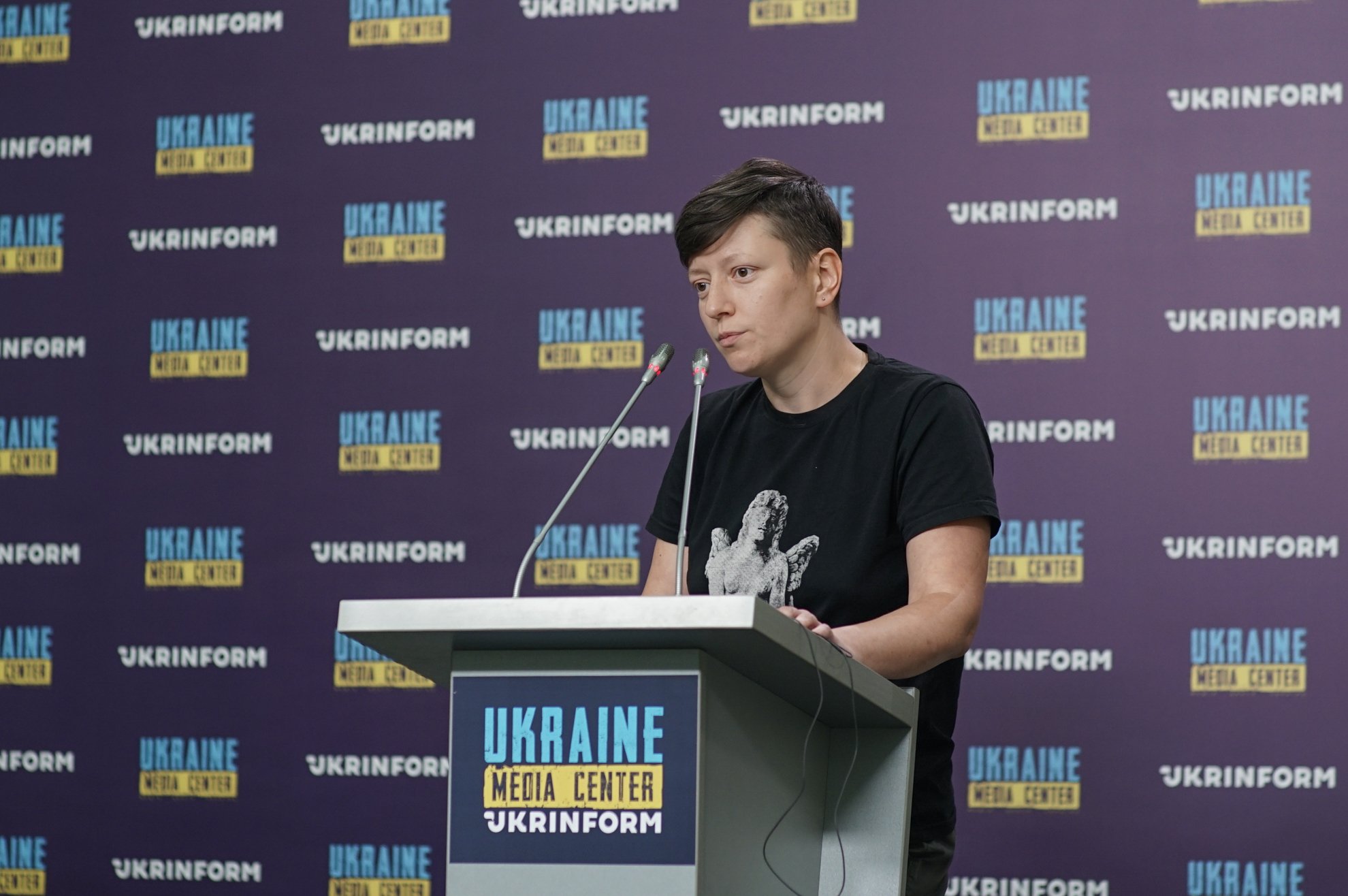
“Now in Ukraine, all organizations and institutions: international and national, governmental and non-governmental are united for one goal – to win. We are also fighting on the informational and cultural fronts. That is why it is so important that today we are talking about uniting around the salvation of Ukraine and the whole world,” underlined Ihor Poshyvailo, general director of the National Memorial Complex of the Heroes of the Heavenly Hundred – the Museum of the Revolution of Dignity, co-coordinator of the Heritage Emergency Response Initiative.
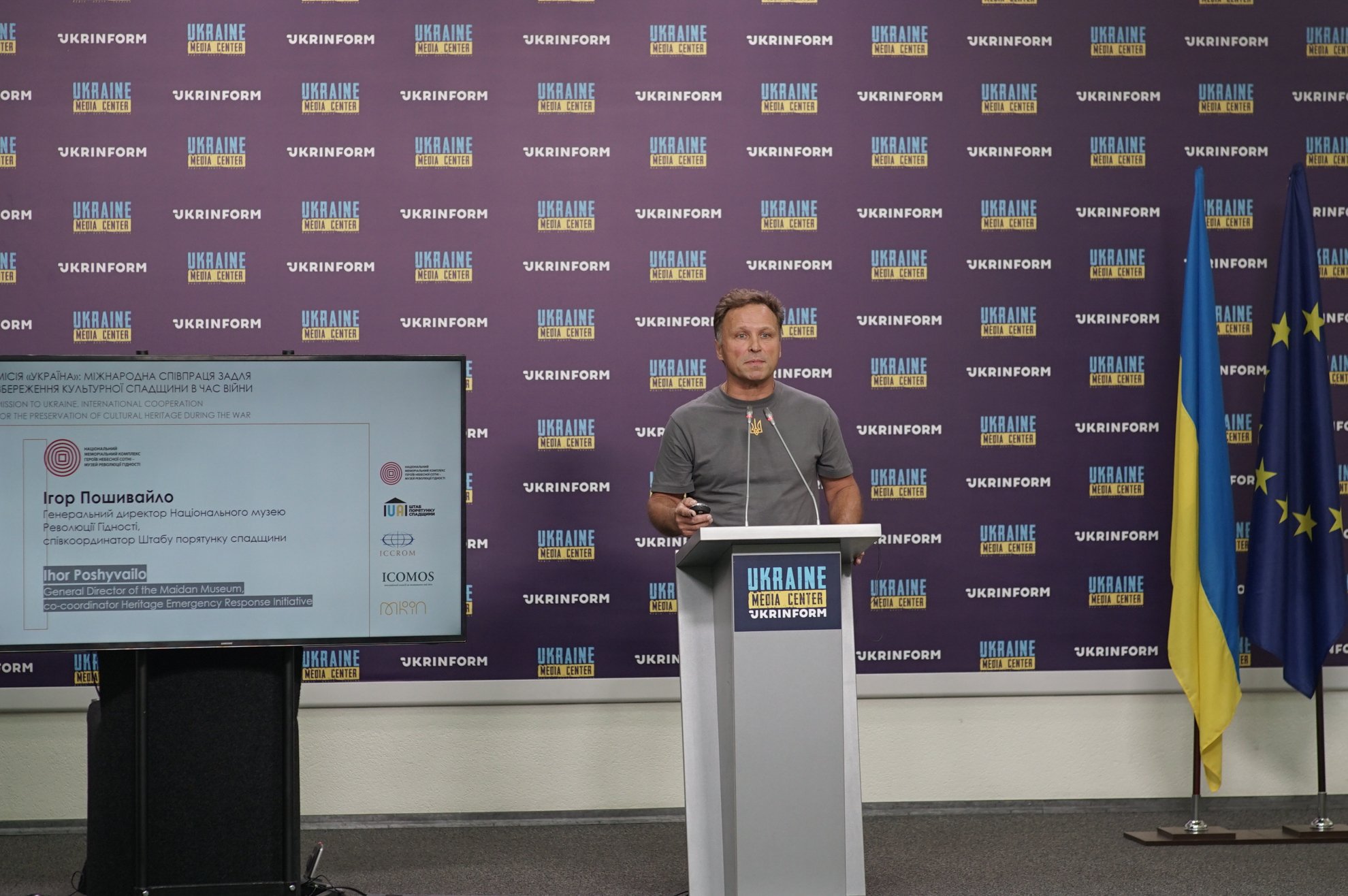
It should be reminded, during the visit, the representatives of international heritage protection organizations visited the cities of Kyiv and Chernihiv regions destroyed by the russians.
